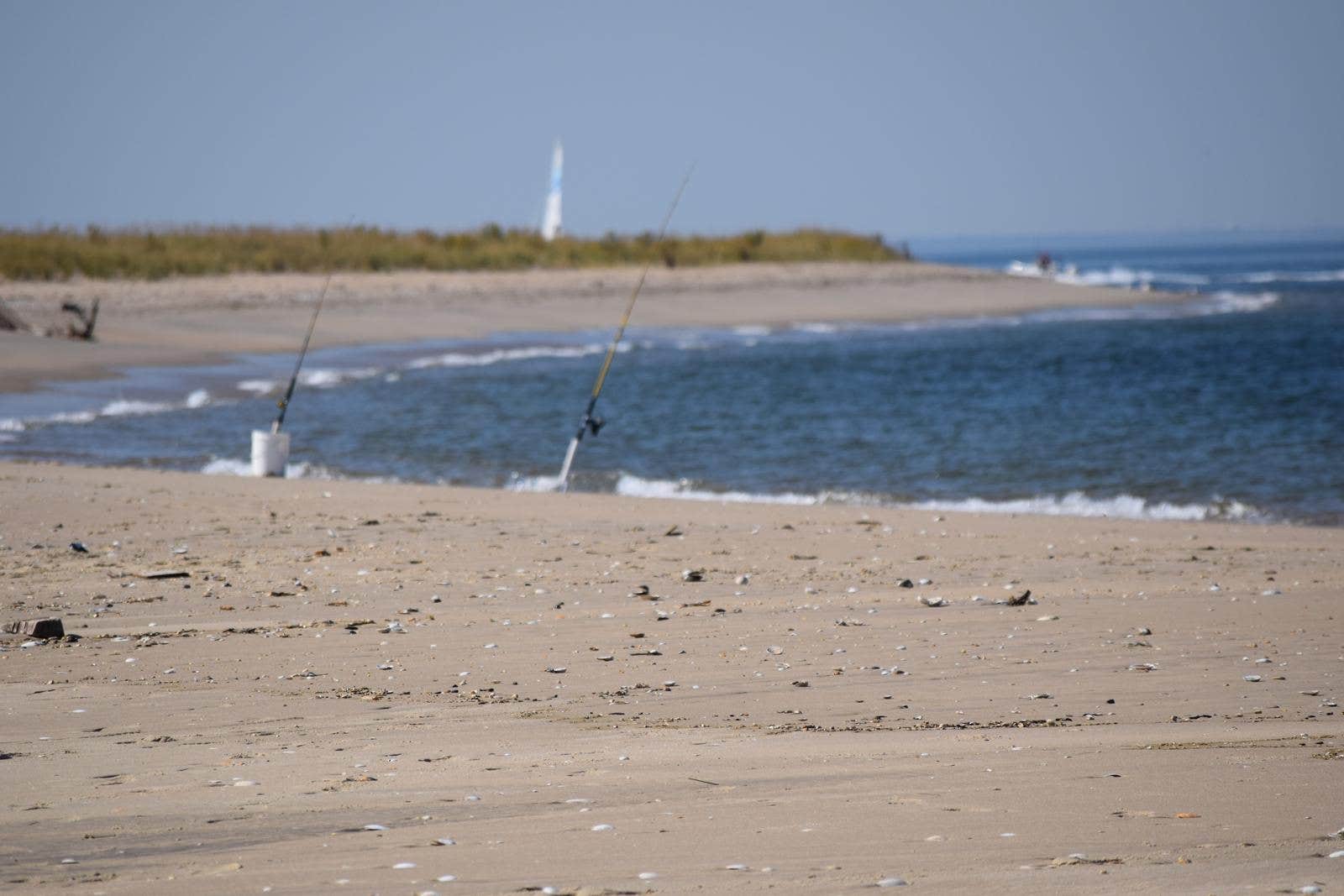Mozambique Battles Silent Destroyer: Illegal Fishing Drains $70 Million Annually


Quidah is an online platform that connects investors with curated opportunities and expert insights on Africa’s emerging markets, while offering businesses promotional services, partnership facilitation, and market intelligence to attract capital and grow their operations.
Industries
Mozambique, with its extensive 2,470 km coastline along the Indian Ocean and a wealth of marine biodiversity, has long considered fisheries a pillar of its economy. The sector provides food security, livelihoods for coastal communities, and export earnings, especially via prawns, tuna, and small pelagic fish. Yet beneath the waves lies a quiet threat: illegal, unreported, and unregulated (IUU) fishing. FAO cautions that Mozambique loses nearly $70 million annually to these illicit activities—losses that undermine coastal ecosystems, erode government revenue, and discourage legitimate investors.

IUU fishing comprises a broad range of infractions: foreign fleets fishing without authorization, underreporting catches, using banned gear, or transshipping illegally. These practices not only reduce fish stocks but distort market conditions for law-abiding operators. In Mozambique, enforcement capacity is weak—limited patrol vessels, scarce satellite monitoring, and regulatory overlap among agencies hamper detection. Corruption further complicates oversight, creating loopholes that illicit actors exploit.
The impact is multi-layered. Local fisherfolk see smaller catches, threatening food security and incomes. Export firms face uncertainty and reputational risk if catches are challenged in destination markets under sustainability criteria. Government revenues are lost through evaded permits and import penalties. Moreover, increasingly strict certification and traceability standards in global markets mean that countries failing to curb IUU fishing will be locked out of premium markets.
However, Mozambique has tools to fight back—if stakeholders act strategically. First, strengthening maritime domain awareness via satellite, AIS tracking, and drones can fill enforcement gaps. Partnerships with coastal neighbors to share intelligence and conduct joint patrols will widen surveillance reach. Second, reforming legislation to tighten penalties, clarify roles between fisheries and marine security agencies, and streamline licensing will reduce loopholes. Third, technology and traceability systems—blockchain, RFID tagging, digital logbooks—can make catches transparent and verifiable. Fourth, incentives and formalization for small-scale fishers (e.g., registering vessels, access to training) will bring more actors into the legal fold and reduce the incentive to resort to illicit methods.
For potential investors, the challenge of IUU fishing also presents opportunity. With political will and institutional reform, Mozambique can become a model of sustainable fishery governance. Investment in monitoring systems, traceability solutions, cold-chain processing, sustainable aquaculture, and community-led fleet operations offer not just returns but positive impact. As global demand grows for ethically sourced seafood, Mozambique’s clean, regulated fisheries could attract premium market access, foreign direct investment, and long-term sector growth.


